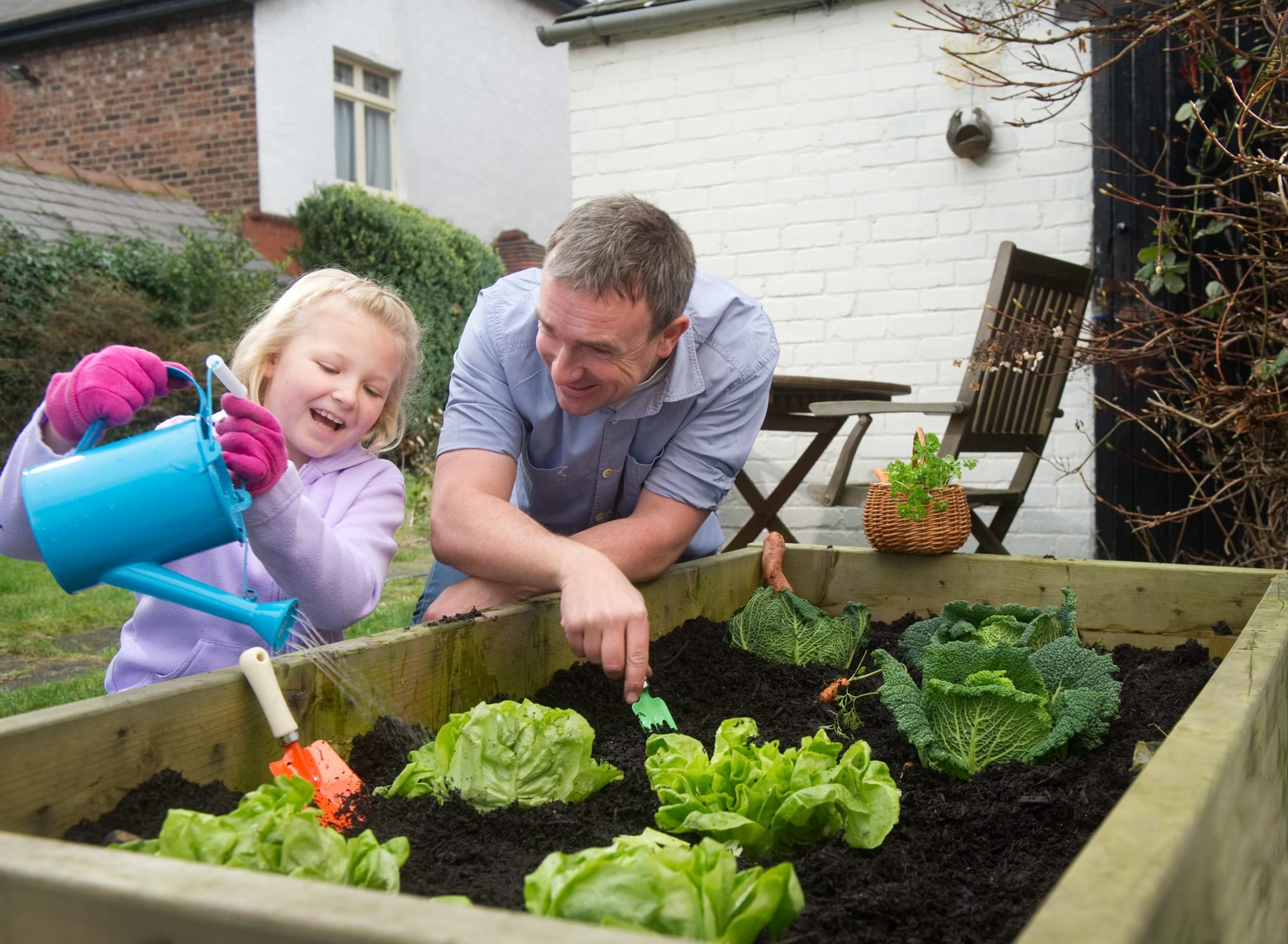A Guide to Planting a Late-Summer Garden

Haley Galindo
| 3 min read
I am going into my 4th year at Michigan Technologica...

Contrary to popular belief, it’s not too late for summer gardening. With a little patience and a lot of care, one can successfully grow vegetables from the comfort of their backyard. Make the most of the remaining season by putting your green thumb to work. When it comes to gardening, location is key. It’s imperative to find a spot that will receive between eight to 10 hours of sun per day. Once you’ve found the right patch of land, prepare the foundation with healthy soil. “You can still buy soil at the Ace Hardware Store,” explained Sue Hudnut, general manager of Greening of Detroit. “One of the big box Home Depots, they've got raised bed, garden soil, top soil, all types. Just get a couple bags and bring it in.” Prior to planting, research seasonal foods that will thrive during summer and early fall. Good examples include carrots, radishes, beets, kale, collards and a variety of lettuce. “A lot of vegetables like a cooler type weather,” said Hudnut. “And it gets really hot in July and August in Michigan. Some vegetables tend to bolt, where they start flowering and they start tasting bitter. So, it's really a good thing to plant later on in the summer.” On the latest episode of the A Healthier Michigan Podcast, hosted by Chuck Gaidica, he, Hudnut and Grace Derocha, a registered dietitian, certified diabetes educator and health coach at Blue Cross Blue Shield of Michigan, discuss tips on gardening this late in the season. [podcast_player] Growing your own food has multiple health benefits. For one, you’re fully aware of where it came from and what’s in it. “You know that you didn't use pesticides, you know that you're pulling it with the most nutrition at that time,” said Derocha. For example: With carrots, there’s beta carotene and vitamin A, which promote eye health and prevent macular degeneration. There are also cruciferous vegetables like broccoli that contain a lot of calcium. They’re often used as dairy-free options for those who are lactose intolerant. Also, most of these vegetables are filled with fiber. “The average American is only getting about five to 10 grams of fiber a day when we're supposed to get closer to 25 to 40 grams a day,” revealed Derocha. “That's good gut health for your digestive track, obviously good nutrition for heart health, [and it] helps keep you regular.” What about crop maintenance? Aside from soil and sunshine, insects can play a vital role. “Ladybugs are great. Also, praying mantises are wonderful for your garden,” said Hudnut. “[But] there are bad insects out there like aphids that might start eating up your plants. So, what we want to do is … have the good insects eat the bad insects.” Overall, soil, sunshine and seeds are the three things every garden requires. Once you’ve established that foundation, anything is possible. Want more content like this? Read these posts:
Photo Credit: sturti





